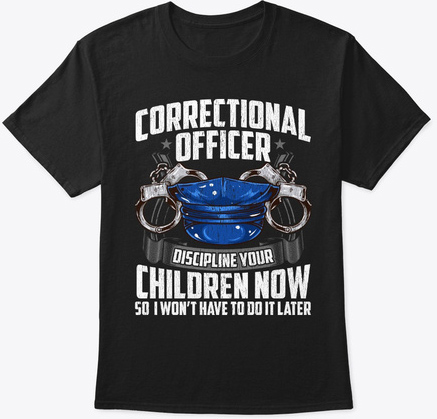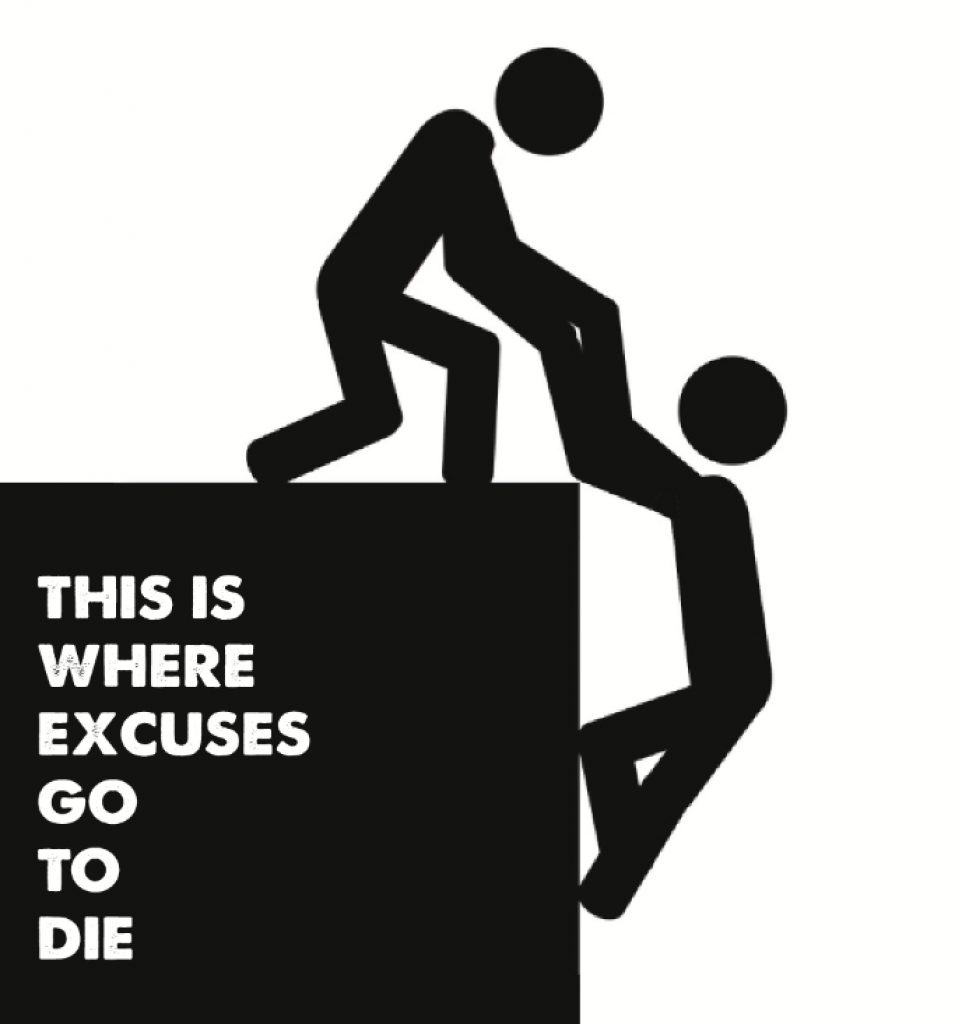
The national dialog on prison reform exists on a steep, 30° hill. Engaging a public taught by film and television to recognize life behind bars only as rape, riots and rotten food makes it a difficult climb.
Once started, the conversation is always in danger of sliding downward into, “Well, they should have thought of that before they went to prison.” And this, in itself, is a trained reaction. It’s an octopus arm of what I’ve long defined as “bonus justice.”
Some maintain that prisoners, while serving their time, shouldn’t be allowed to vote. I disagree, but regardless of where one sides in that debate, the continued denial of voting rights for parolees and ex-felons –– in some cases for life –– is inarguably bonus justice.
A prison guard inventing infractions to punish an unwelcome or shunned inmate is another good example. So, too, are the actions of jailers who believe they’ve been called upon to represent the public interest through the spirit of vengeance.

“Justice is for the courtroom,” inmates often remind their keepers, and they’re right. Still, show me a corrections professional and I’ll show you someone forced to navigate the ideations of state-sponsored payback on an inhuman level.
It’s one thing to lean on the mantra, “If you can’t do the time, don’t do the crime.” But frontline custody personnel who take bribes or embolden gang values while making statements like, “He should’a thought of that before he got sent to my Yard” –– ?
Yep, bonus justice.
But maybe that’s too cliché. Fine. Say your boozy cousin gets 18 months for his fifth DUI and winds up in a minimum security facility, the one with the cow fence around it. Score, right? No gang warfare in his future. He might even earn himself a welder’s certification. But he’s incarcerated during one of California prisons’ recurring outbreaks of Valley Fever. On laundry day, he’s handed an infected pillow case. With the state’s (very) long history of failing to provide even minimal constitutional levels of healthcare in its prisons, his illness can be viewed as bonus justice.
Or how about an assigned caseworker administratively burdening an offender whose crime is personally disagreeable? What about a Watch Commander who protects, rather than questions, facility practices that steer certain ethnicities toward or away from favored work assignments? Bonus justice is right there for all to see, but it’s often obscured by conditioning, casual neglect, and indifference.
Interested in seeing if you yourself are as un-progressive as all that?

Read Los Angeles Times investigative reporter Kiera Feldman’s harrowing front page account of what the March-to-May pandemic period was like for female inmates forced to make 3,500 masks per week, many of whom were prohibited from wearing one themselves.
And as you’re reading, if at any point did you decide, “They should have thought of that before…,” take note of it.
Because despite my own former incarceration, this learned, punitive, and bitter convention flashed itself at me as well. And while it may be an uphill climb, we can ––in fact we must–– be better than bonus justice.
.
.




